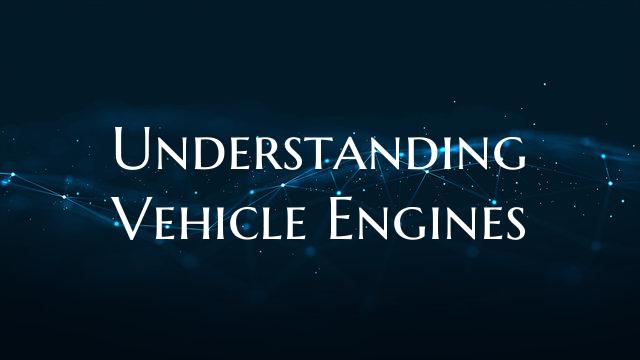Understanding Vehicle Engines
Vehicle engines are essential components that power automobiles and enable them to move reliably and efficiently. Understanding how a vehicle engine operates is key to identifying issues, maintaining performance, and making informed decisions about your vehicle's maintenance and repairs.
Internal Combustion Engine: Most vehicles are powered by internal combustion engines, which burn fuel within the engine to produce energy. The engine converts the chemical energy of fuel into mechanical energy that propels the vehicle.
Key Components: A typical internal combustion engine consists of several key components, including the cylinder, piston, crankshaft, camshaft, valves, spark plugs, fuel injectors, and the intake and exhaust systems. Each component plays a vital role in the engine's operation and performance.
Four-Stroke Cycle: The majority of modern vehicle engines operate on a four-stroke cycle – intake, compression, power, and exhaust. During the intake stroke, the piston moves down, allowing the air-fuel mixture to enter the cylinder. The compression stroke compresses the mixture, leading to ignition in the power stroke. The final exhaust stroke expels the burnt gases from the cylinder.
Fuel System: The fuel system delivers the proper amount of fuel to the engine for combustion. This system includes components like the fuel pump, fuel tank, fuel injectors, and fuel lines. The fuel-air mixture's precise composition and delivery are crucial for optimal engine performance and fuel efficiency.
Cooling System: Vehicle engines generate a significant amount of heat when running. The cooling system, which consists of the radiator, cooling fan, water pump, and coolant, helps regulate the engine's temperature to prevent overheating and ensure optimal performance.
Maintenance and Troubleshooting: Regular maintenance is crucial to keep your vehicle engine running smoothly. This includes oil changes, air filter replacements, spark plug inspections, and checking for any signs of leaks or abnormal noises. Understanding common engine issues, such as misfires, stalling, or reduced power, can help you diagnose problems early and seek professional help when needed.
In conclusion, understanding how a vehicle engine functions is essential for every vehicle owner. By familiarizing yourself with the key components, operation principles, maintenance requirements, and common issues related to vehicle engines, you can ensure that your vehicle remains in top condition and operates reliably for years to come.

